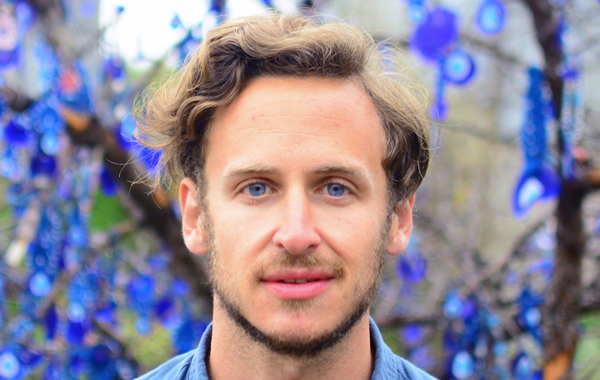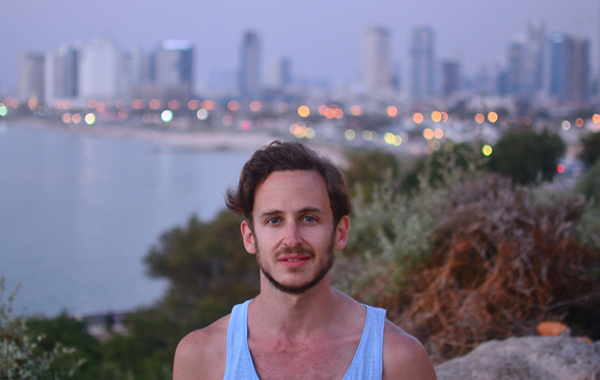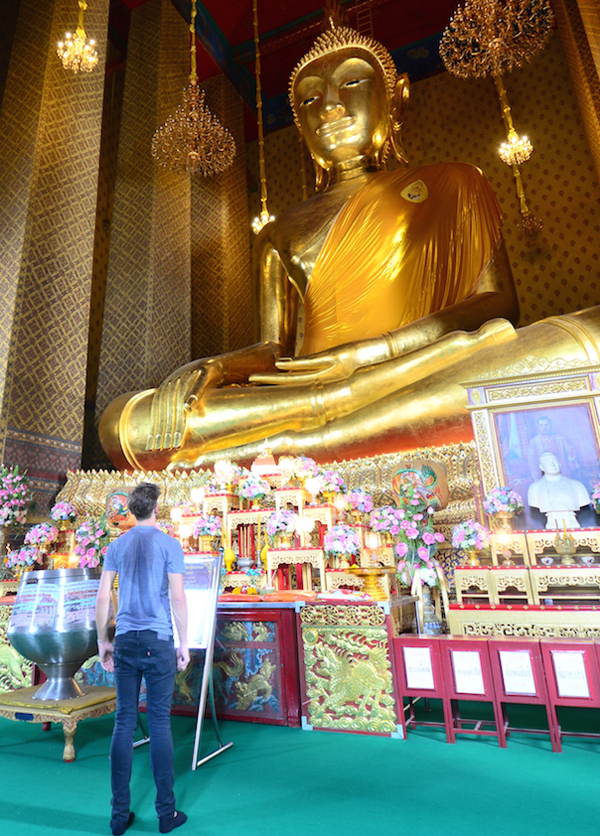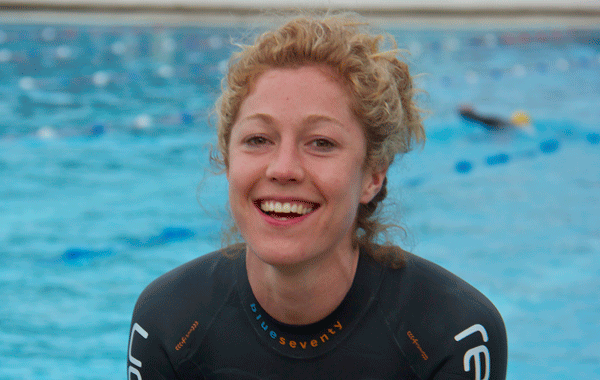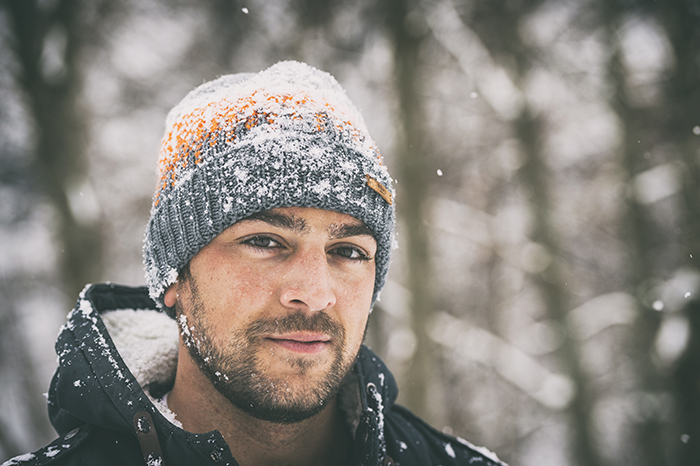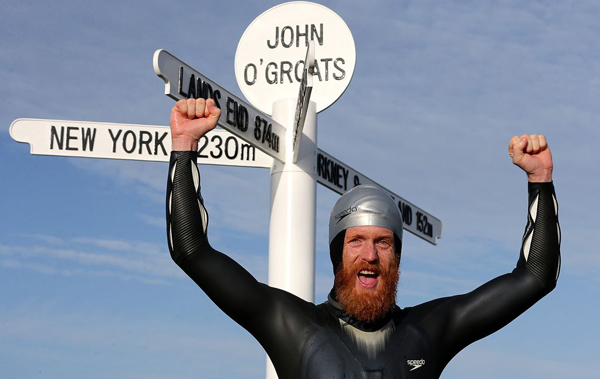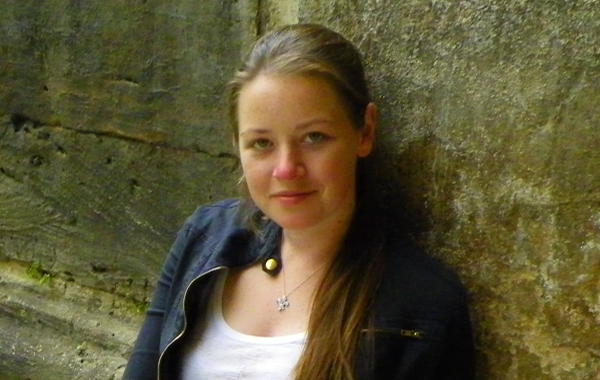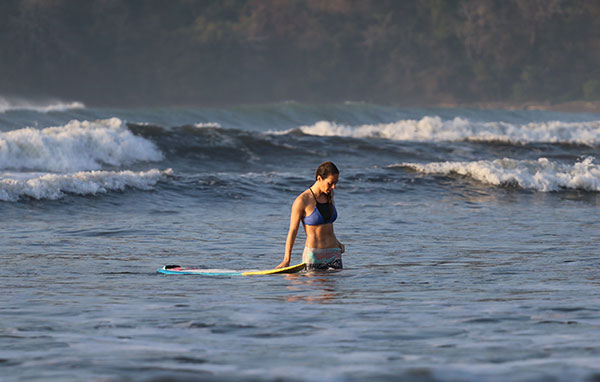IN 2009 Robert Schrader turned his back on conventional life and set out on an adventure. Starting out teaching in China he has since travelled around the world and created one of the internet’s most visited travel blogs.
His website, www.leaveyourdailyhell.com, aims to inspire and entertain travellers while giving advice and sharing his passion for photography, for which he is fast becoming world renowned.
What was the inspiration behind Leave Your Daily Hell and how did it all come to fruition?
The answer is in the name: My life was a sort of hell – and leaving it all behind was the only way to overcome it. I didn’t coin this phrase (I stole it from a Tori Amos song), but it perfectly describes where I was in late 2009, when I first bought the domain name.
I was the classic victim of the Great Recession, having graduated only a couple years before it happened, which left me totally vulnerable to the resulting economic meltdown. I had talents and passions, of course, but because my résumé was so unimpressive, I was essentially unemployable on paper, especially with the low number of jobs in 2008-9.
The official way I left my daily hell was moving to China to teach English, but I always had the greater goal of becoming a travel blogger.
I didn’t dare tell anyone about this, of course – they thought I was crazy enough for moving halfway around the globe in the first place! – but I pursued it relentlessly.
During the eight months I lived in Shanghai, I moonlighted as a freelance journalist with various publications (the Shanghaiist blog and eventually, if you can believe it, CNN Travel), until I had saved enough money (and built up enough confidence) to ‘leave’ once again. My exit strategy was extremely flimsy on paper – a one-way ticket to Vietnam – but I knew fate would reward me for taking another big risk.
Sure enough, a few days before my departure to Saigon, I got approved for an online copywriting gig with a digital media conglomerate. The per-article pay ($15-18) was shit, but there were so many articles that needed to be written I could easily earn hundreds of dollars per day, if I was willing to work. So I did: I wrote ten articles a day and used the money almost entirely to fund my travel.
At the same time, I was building Leave Your Daily Hell from the ranty, way-too-personal publication it had been during and just after my time in China, into an actual travel blog. A few months after I left Shanghai, I won a spot on a blogging trip to Thailand, which exposed me to talented people who showed me what it took to be a successful blogger. This was November 2010.
It would take another 18 months or so before I could parlay my increasingly popular blog into an income source, but today I’m proud to say that I earn my keep completely from my travel writing: advertising on my blog itself www.leaveyourdailyhell.com; freelance gigs with high-profile clients like MasterCard and Hipmunk; and travel coaching, which I’ll get into more later on in this interview.
The website has been the backbone of your travels in more ways than one. Did you always have a passion for writing and what do you think has made the blog become so popular?
I did always have a passion for writing, but it wasn’t until I buoyed my writing with other essential skills that people really began to take notice of Leave Your Daily Hell as a whole.
For example, while I’d always been interested in travel photography, it wasn’t until I invested in good camera equipment that I could publish ‘next-level’ photos that command people’s attention. Likewise, the majority of travel blogs look like they were built in the late 1990s, so the work I’ve done updating my coding skills (I do all my own Web design) has really put me at a huge advantage.
The final piece of the puzzle has been marketing, from search-engine optimization (SEO), to social sharing, to handing out business cards in-person. As my audience has grown, there’s been significant word of mouth as well, but ultimately, the lesson has been that it isn’t enough to simply be great: You have to be great at convincing others of your greatness!
Where have your travels taken you and what have been some of the highlights?
My travels have taken me to all six inhabited continents, so it’s difficult to name individual highlights when I look at the big picture. Of course, there are some countries where I felt most immediately at home (Thailand, Italy and Israel – I’ve travelled to each of these countries several times) and others I’ve only been once, like Japan or Finland or Indonesia, but made me hungry for a return trip.
The greatest thing my travel has taught me is that it’s not about where I’m travelling, but how open I allow myself to be, that determines my experience. For me, the task is not only to seek out the most incredible destinations and experiences (although that is a big part of it), but to find the gold wherever I am. This doesn’t always happen (my recent trip to Armenia, for example, was less than life-affirming), but I’m coming to realise that inspiration is usually a choice, not a circumstance.
What places have you visited most recently?
Well, I headed to East Africa for the first time at the end of November: safari in Tanzania, followed by two weeks backpacking through Rwanda. In January, I visited the Harbin Ice Festival in northeastern China, and bookended the experience with a stop at the Snow Festival in Sapporo, Japan. I turn 30 next February and would like to celebrate it by visiting my seventh continent, but we’ll see – I try not to look too far ahead these days.
Your travel photography has won several awards and has also been utilised by publications around the world. Has being able to take the perfect picture always come naturally to you?
I would say I’ve always had a good eye, but I’ve really had to school myself on the fundamentals of good photography – composition, perspective, depth of field, light, shadow, colour – over the years, especially as the visibility of my photography (and thus, the scrutiny placed on it) has increased.
More than that, however, I attribute my reputation as a good photographer to my increasingly strong ability to curate – that is, to select photos that are not only ‘good’, from a technical perspective, but representative of the destination where they were taken, and of the feelings I experienced while I was there. Most of the photos I take these days would earn me at least an average grade in a photography class, but where I excel is being able to put together a collection that tells a compelling story.
Another one of my strengths is that I really don’t post-process – typically, only cropping, straightening and slight exposure adjustments. I think the average travel photographer, especially in 2014, relies way too much on Lightroom/Photoshop/HDR and for me, this is really tacky. I like to depict the world with a sense of beauty and drama, but I also like my photos to reflect reality, more or less.
Oh, and I am really good at selfies, both in the ubiquitous, 2013/4 way, as well as using a tripod/remote. In fact, almost all the pictures of me you see on my site are selfies.
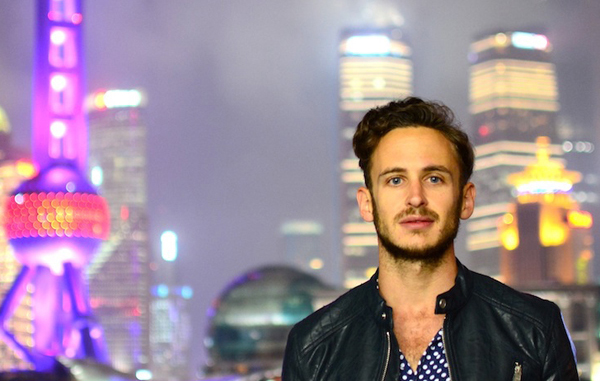
You have had many travel guides and articles published but have you ever thought about putting pen to paper and writing a book?
Totally – I’ve acted on this impulse many times. Last December, in fact, I travelled to a remote Indian beach for ten days, without any electronics or connection to the outside world, and wrote a 200-word manuscript with an actual pen and paper. The problem for me is that I want to write a work of non-fiction, and since my own story continues to evolve and change, it’s difficult to follow any sort of narrative arc – I don’t know how or when mine will end.
You offer travel coaching through your website. If you could sum up the message you try to instil in people who come to you for help and advice what would it be?
Travelling is easy when you’re armed with the right information, which is the main product I deliver via travel coaching.
For now, I’m just trying to be present in every moment and savor where I am. To relay a quote I recently saw on an aeroplane: “Enjoy your time here – you are almost there.”

